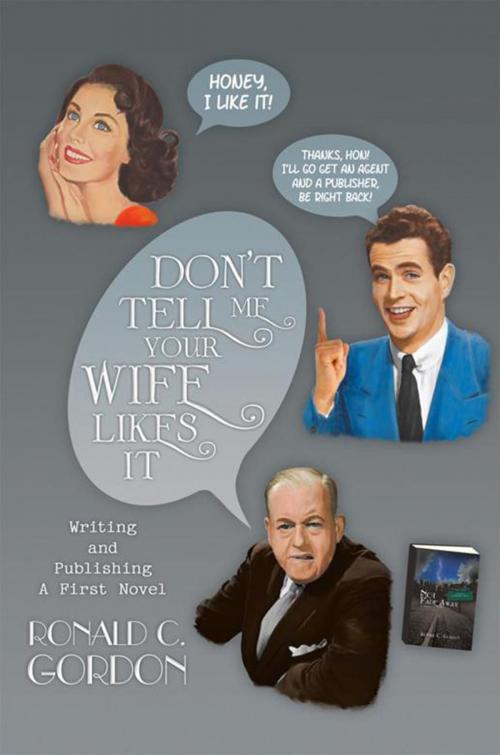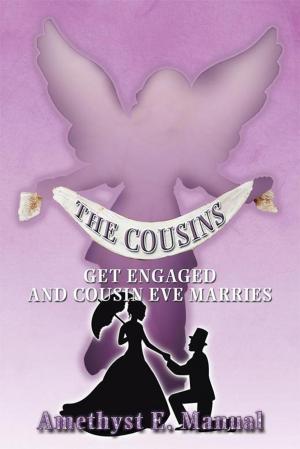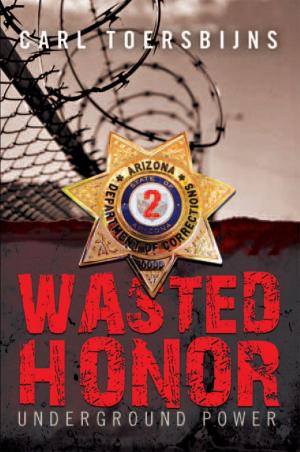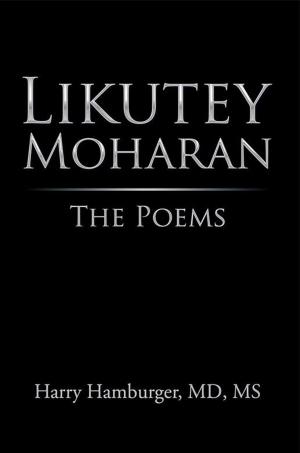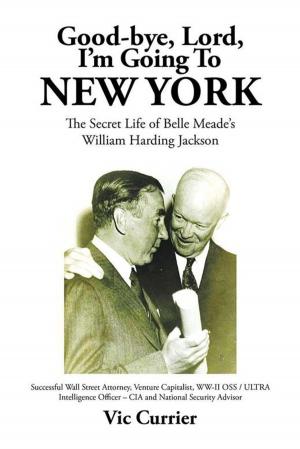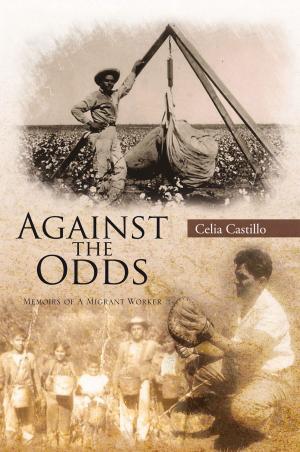| Author: | Ronald C. Gordon | ISBN: | 9781479797561 |
| Publisher: | Xlibris US | Publication: | March 28, 2013 |
| Imprint: | Xlibris US | Language: | English |
| Author: | Ronald C. Gordon |
| ISBN: | 9781479797561 |
| Publisher: | Xlibris US |
| Publication: | March 28, 2013 |
| Imprint: | Xlibris US |
| Language: | English |
In 2009, Ronald C. Gordon published Not Fade Away, a coming-of-age story set in Texas in 1959. A first novel, it was the product of many drafts, considerable professional editing, and a long, arduous attempt to find an agent and publisher. Now, in Dont Tell Me Your Wife Likes It (one particular literary agents sole criterion for submissions to him), Mr. Gordon recounts his painful and frequently hilarious rollercoaster ride to publication.
The author details not only the joys and frustrations of creating a long work of fiction, but also the many pitfalls and compromises that await the first novelist with a marketable manuscript. He introduces us to the How-To tribe of Literary Wannabeeland, the horde of self-described experts who claim to know all the rules for writing saleable fiction and who, for a price (financial and otherwise), will share the secret to success with their even more numerous prey. He also explores the particular problems that await the author of literary fiction in a publishing marketplace dominated by genre fiction and a mythical target audience he designates dumb and dumber. In doing so, the author demonstrates a profound understanding of literary history, the craft of writing, and the role of autobiography in creating fiction. Above all, he convinces us that a good writer is first of all a good reader.
Part memoir, part literary analysis, and a thoroughly cautionary tale, Dont Tell Me Your Wife Likes It offers an entertaining and illuminating examination of what it means to be a unknown, unpublished novelist in todays highly competitive literary marketplace.
In 2009, Ronald C. Gordon published Not Fade Away, a coming-of-age story set in Texas in 1959. A first novel, it was the product of many drafts, considerable professional editing, and a long, arduous attempt to find an agent and publisher. Now, in Dont Tell Me Your Wife Likes It (one particular literary agents sole criterion for submissions to him), Mr. Gordon recounts his painful and frequently hilarious rollercoaster ride to publication.
The author details not only the joys and frustrations of creating a long work of fiction, but also the many pitfalls and compromises that await the first novelist with a marketable manuscript. He introduces us to the How-To tribe of Literary Wannabeeland, the horde of self-described experts who claim to know all the rules for writing saleable fiction and who, for a price (financial and otherwise), will share the secret to success with their even more numerous prey. He also explores the particular problems that await the author of literary fiction in a publishing marketplace dominated by genre fiction and a mythical target audience he designates dumb and dumber. In doing so, the author demonstrates a profound understanding of literary history, the craft of writing, and the role of autobiography in creating fiction. Above all, he convinces us that a good writer is first of all a good reader.
Part memoir, part literary analysis, and a thoroughly cautionary tale, Dont Tell Me Your Wife Likes It offers an entertaining and illuminating examination of what it means to be a unknown, unpublished novelist in todays highly competitive literary marketplace.
